
Few characters in Game of Thrones undergo as profound a transformation as Theon Greyjoy. Once a traitor to the Starks and a man consumed by pride and confusion, Theon’s journey is one of pain, growth, and ultimately, redemption. Theon Greyjoy’s redemption and sacrifice stands out as one of the series’ most emotional and impactful arcs, showing that even the most broken souls can find honor in the end. In this article, we’ll explore how Theon’s choices shaped his legacy, and why his final act of bravery remains a defining moment in the world of Westeros.
Theon Greyjoy’s Early Life and Identity Struggles
Theon Greyjoy was raised as a ward of Eddard Stark, the Lord of Winterfell, after his father, Balon Greyjoy, led a failed rebellion against the Iron Throne. Theon spent most of his formative years at Winterfell, where he developed close relationships with Ned Stark’s children, particularly Robb, Jon, and Bran. Despite being treated as a member of the Stark family, Theon always felt like an outsider due to his status as a hostage and his loyalty to House Greyjoy. He struggled with his identity and his place in the world, torn between his loyalty to his biological family and his affection for the Starks.
The character is facing a conflict between his loyalty to the Starks and his desire to prove himself to the Ironborn. This internal struggle reflects the complexity of his dual identity and the challenges he faces in navigating two different worlds. It raises questions about personal loyalty, honor, and the difficulty of balancing conflicting loyalties. As he grapples with this dilemma, the character must carefully consider the consequences of his actions and how they will impact both of his identities.
The struggles that the individual faced, such as feeling marginalized or unappreciated, likely contributed to the feelings of resentment and disillusionment that ultimately set the stage for his betrayal. These struggles may have created a sense of emotional distance and dissatisfaction, making him more susceptible to negative influences and the temptation to betray those who he felt had wronged him. It’s important to consider the underlying factors that can lead to betrayal, and to address and support individuals who may be experiencing similar struggles in order to prevent such outcomes.
Betrayal and Fall from Grace
Theon’s decision to betray the Starks by capturing Winterfell was a pivotal moment in the Game of Thrones series. It ultimately led to devastating consequences for both Theon and the Stark family. This decision showcased the internal conflict and desperation that Theon was experiencing, as he struggled to find a sense of belonging and identity. It also set off a chain of events that had far-reaching implications for the entire realm.
Theon Greyjoy’s motivations stem from a deep desire to prove his loyalty to his family, particularly his father Balon Greyjoy. Theon’s upbringing as a hostage in Winterfell has left him feeling like an outsider in both the Stark and Greyjoy families, and he is determined to prove himself as a true Ironborn. Earning respect from his father and fellow Ironborn is a driving force for Theon, leading him to make choices that often put him at odds with the Starks and his own moral compass. His motivations ultimately stem from a deep-seated need for acceptance and validation within his family and culture.
The consequences of his actions have led to alienation from both the Starks and the Ironborn. This betrayal has had a significant impact on his character development, causing him to question his loyalties and deal with the moral weight of his actions. It has led to internal conflict and a struggle to reconcile his choices with his sense of honor and duty.
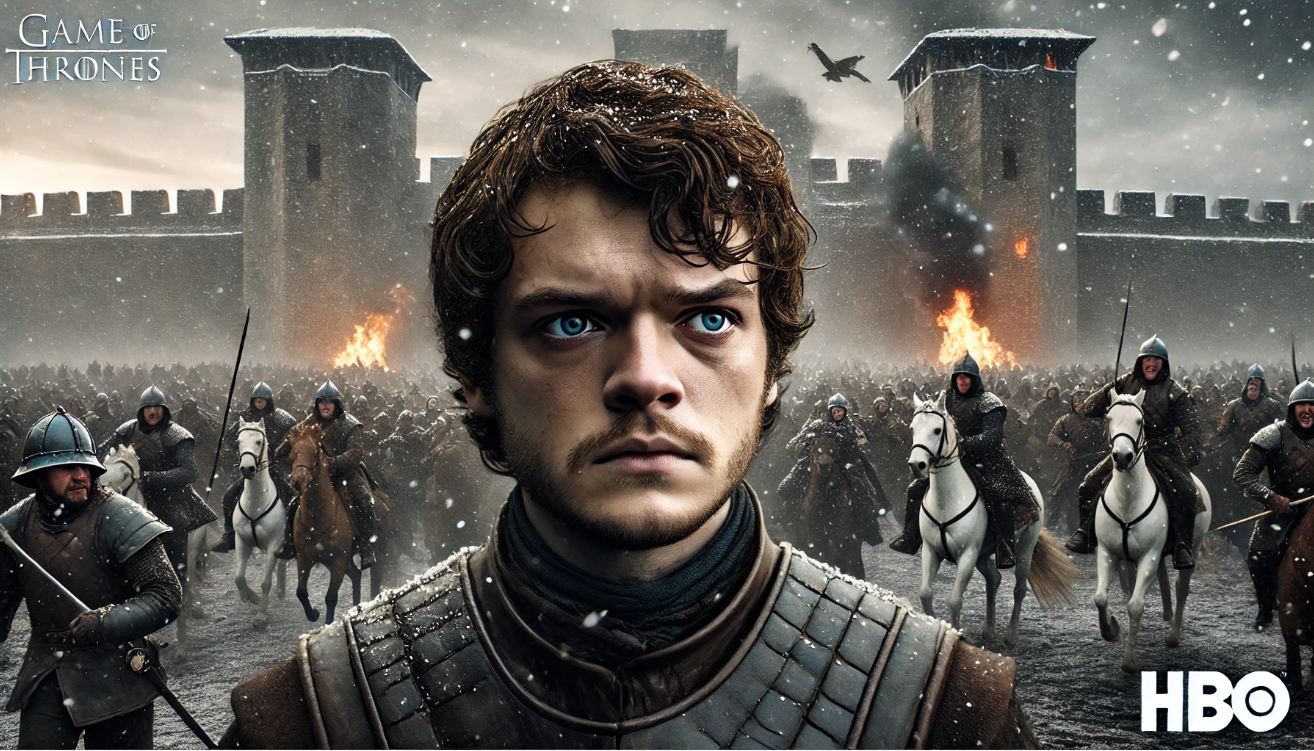
Theon’s Torment as Reek: The Path to Redemption Begins
Ramsay Bolton’s capture and transformation of Theon Greyjoy into “Reek” is a harrowing example of psychological and physical abuse. Ramsay systematically breaks down Theon’s sense of self through torture, humiliation, and manipulation, ultimately reducing him to a shell of his former self. Psychologically, Ramsay uses tactics such as gaslighting, isolation, and manipulation to strip Theon of his identity and agency. He constantly reinforces the idea that Theon is worthless and deserving of his suffering, leading to a severe deterioration of Theon’s mental state. Physically, Ramsay subjects Theon to brutal acts of torture, including castration and mutilation, leaving him physically and emotionally scarred.
Seeds of redemption refers to the gradual process of someone seeking to make amends for their past actions through small acts of defiance against their previous behavior and a growing sense of guilt. This can often be a sign of personal growth and a desire to change for the better. It’s important to recognize and support these efforts as they can lead to positive transformation and a renewed sense of purpose.
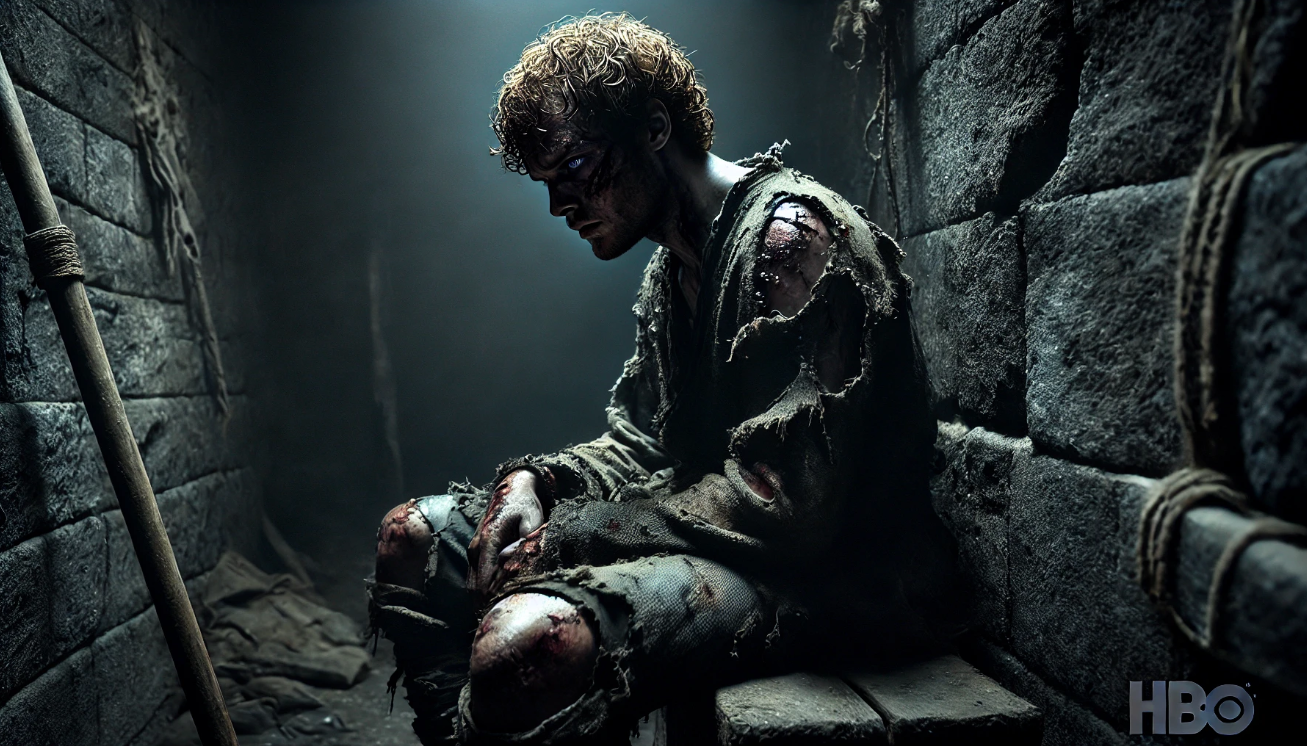
Theon’s Redemption: Key Moments
The rescue of Sansa Stark marked a significant turning point for Theon Greyjoy, as it was his first major act of selflessness. It not only showcased his bravery and loyalty, but also signaled a shift in his character as he sought redemption for his past actions. Additionally, reconnecting with Yara Greyjoy and reclaiming his Ironborn identity further solidified Theon’s transformation and his commitment to making amends for his previous betrayals. Overall, these events demonstrated Theon’s growth and his willingness to embrace his true self.
Theon Greyjoy’s character evolution is marked by pivotal decisions, one of which is his choice to return to Winterfell to protect Bran Stark. This decision reflects his internal struggle between his loyalty to his own family and his desire for acceptance and belonging. By choosing to protect Bran, Theon demonstrates a shift in his priorities and begins to question his allegiance to his own family. This decision ultimately sets in motion a series of events that shape Theon’s character development, as he grapples with his identity and wrestles with the consequences of his choices.
The actions taken by the individual show a clear indication of their journey toward redemption. By demonstrating accountability for their past actions, seeking forgiveness from those they have wronged, and actively working to make amends, they are taking significant steps toward reconciliation and growth. These actions reflect a sincere desire to change and make things right, and are indicative of the individual’s commitment to personal transformation and redemption.
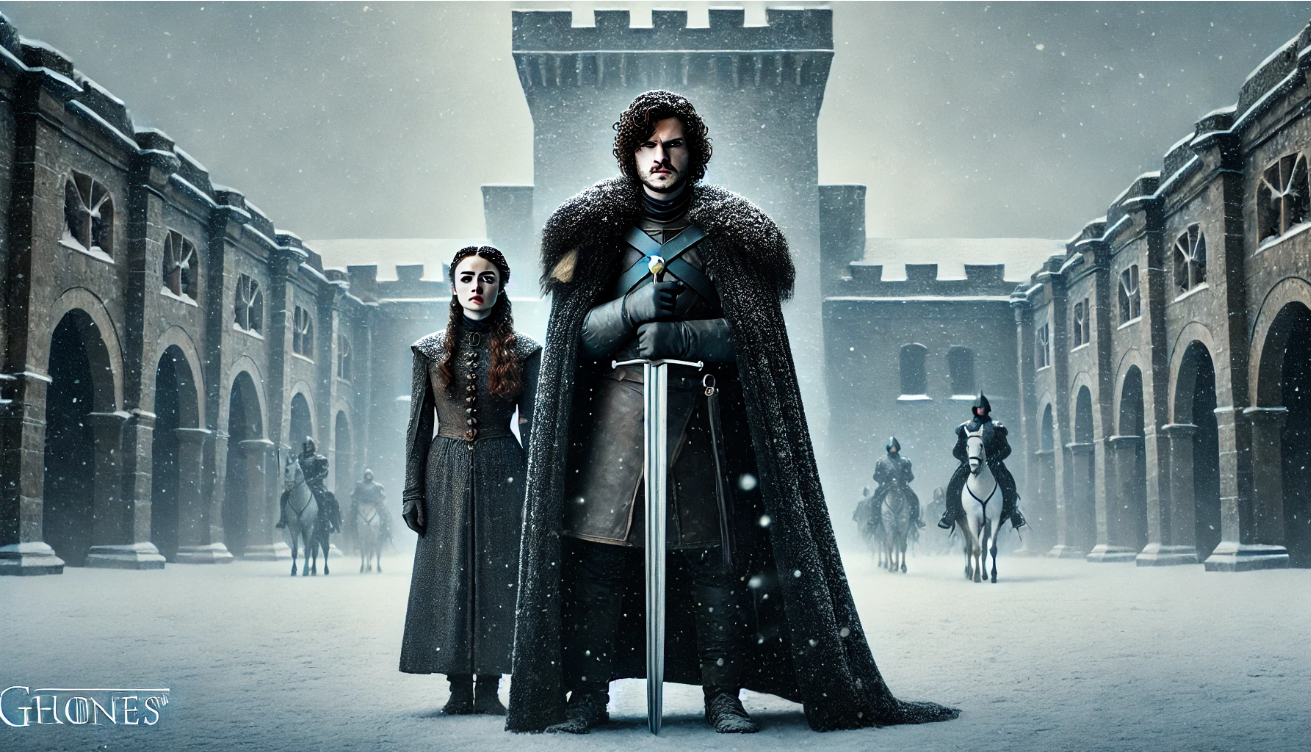
The Ultimate Sacrifice: Theon’s Heroic End
The Battle of Winterfell was a pivotal moment in the Game of Thrones series, and Theon’s decision to defend Bran Stark against the Night King was a crucial turning point in the battle. It showcased Theon’s redemption arc as he stood up to protect Bran, ultimately leading to his heroic sacrifice. This decision not only demonstrated Theon’s growth as a character but also played a significant role in the outcome of the battle. It was a powerful and emotional moment that resonated with fans and added depth to the storyline.
Theon’s bravery is evident in his actions throughout the series, particularly in his loyalty and commitment to his family and those he cares about. Despite the challenges and difficult decisions he faces, Theon consistently displays courage and determination. Bran’s acknowledgment of Theon as a “good man” further highlights his bravery and the impact of his actions on those around him. This recognition serves as a reminder of the importance of bravery and the positive impact it can have on others.
Theon’s death symbolizes his complete transformation from betrayer to hero by showcasing his redemption arc. Throughout the series, Theon struggled with his identity and made numerous betrayals, but in the end, he chose to sacrifice himself to protect Bran Stark. This act of bravery and selflessness signifies his complete transformation from a character filled with guilt and shame to a heroic figure willing to make the ultimate sacrifice for the greater good. The emotional impact of Theon’s sacrifice on the audience and other characters is profound. Viewers have witnessed his journey and felt his internal struggles, so his redemption and ultimate sacrifice evoke a sense of catharsis and closure.
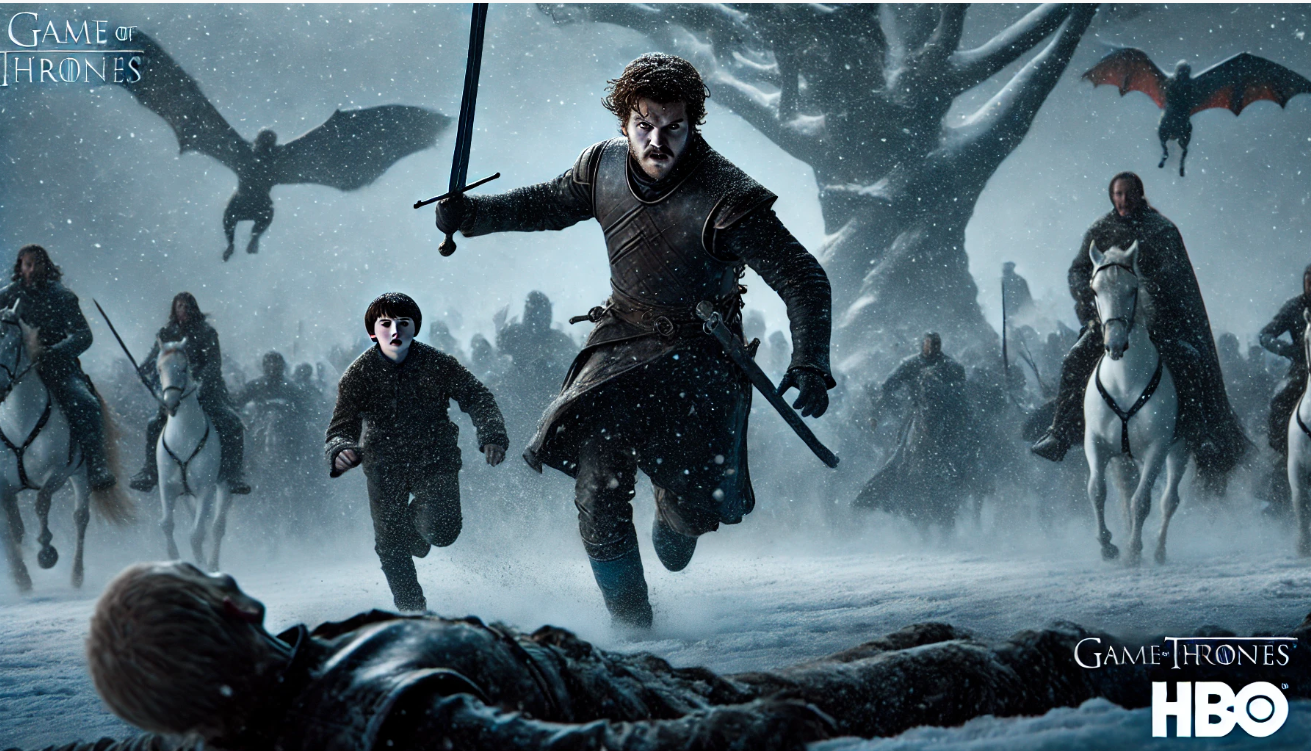
Themes of Redemption and Sacrifice in Theon’s Journey
The exploration of redemption and sacrifice in Game of Thrones is a central theme that is exemplified in Theon Greyjoy’s character arc. As viewers witness Theon’s journey, they are confronted with universal human struggles such as guilt, forgiveness, and self-worth. Theon’s experiences serve as a reflection of the complexities of these emotions and the internal battles that individuals often face. In the context of the series’ overarching narrative, Theon’s journey holds immense significance. His actions and decisions have far-reaching consequences not only for himself but for the larger political and social dynamics within the world of Game of Thrones.
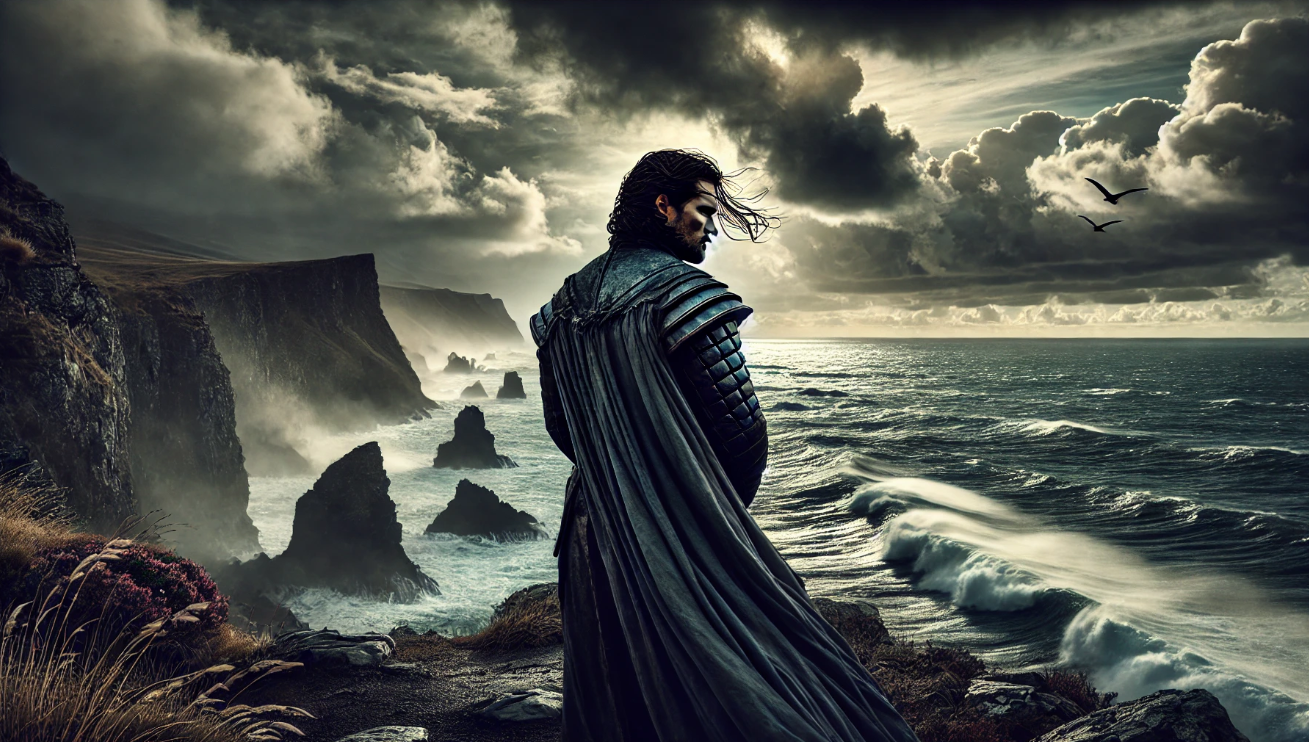
Conclusion
Theon Greyjoy undergoes a significant transformation throughout Game of Thrones, transitioning from a cocky and arrogant young man to a broken and tortured individual at the hands of Ramsay Bolton. However, through his experiences and struggles, Theon eventually finds redemption through his actions and sacrifices to protect his sister and the Stark family. This transformation is important in the series as it showcases the complex nature of morality and the consequences of one’s actions. The lasting impact of Theon’s redemption arc on viewers is profound, as it demonstrates the power of redemption and the possibility of forgiveness, even in the darkest of circumstances.
